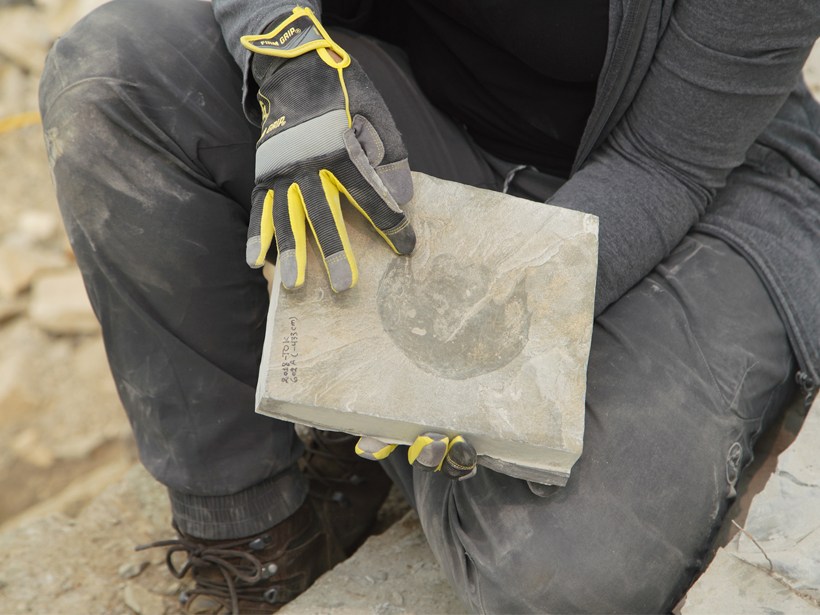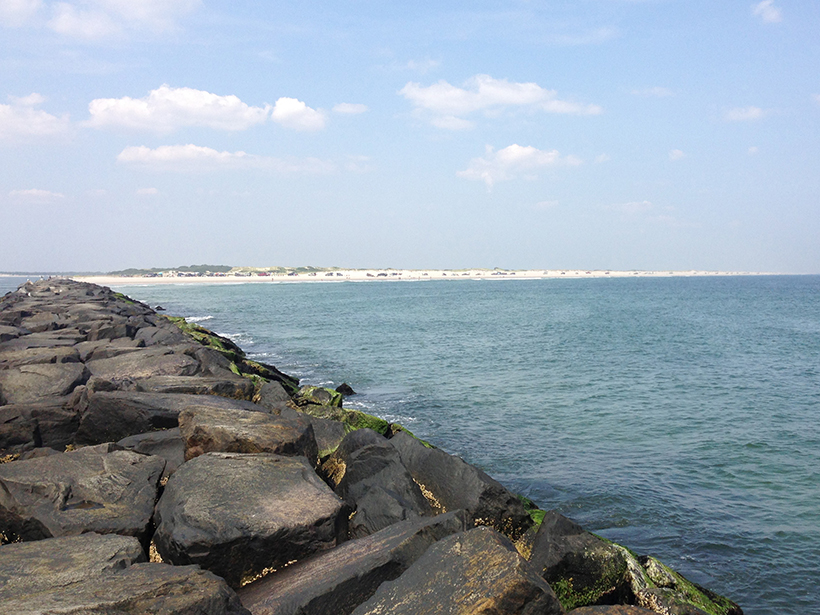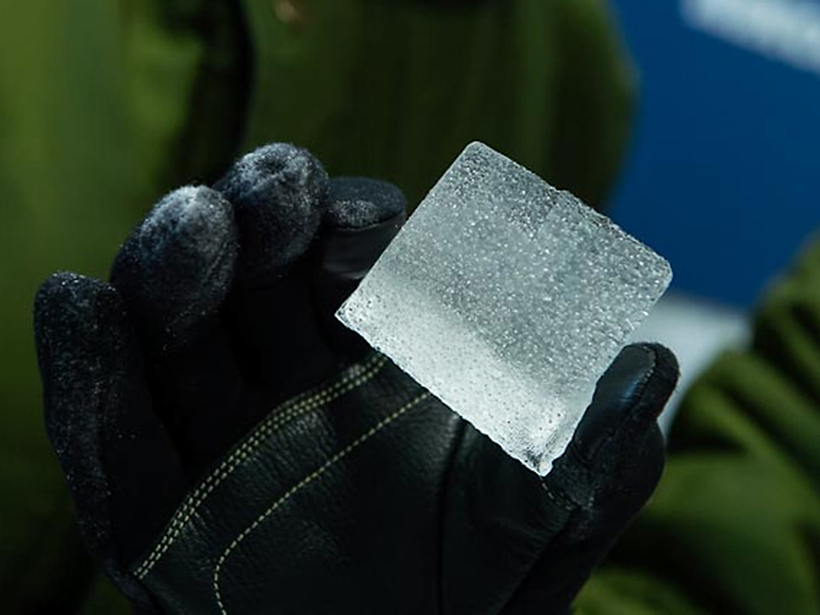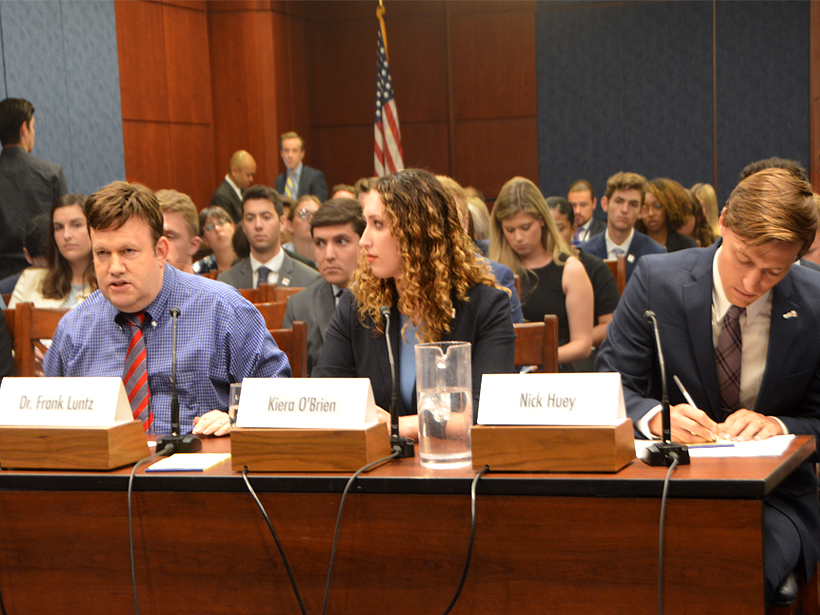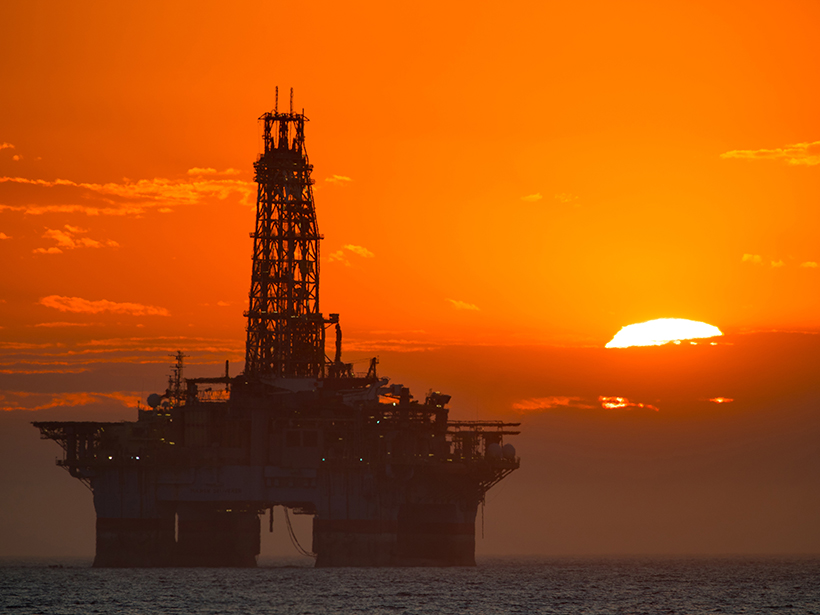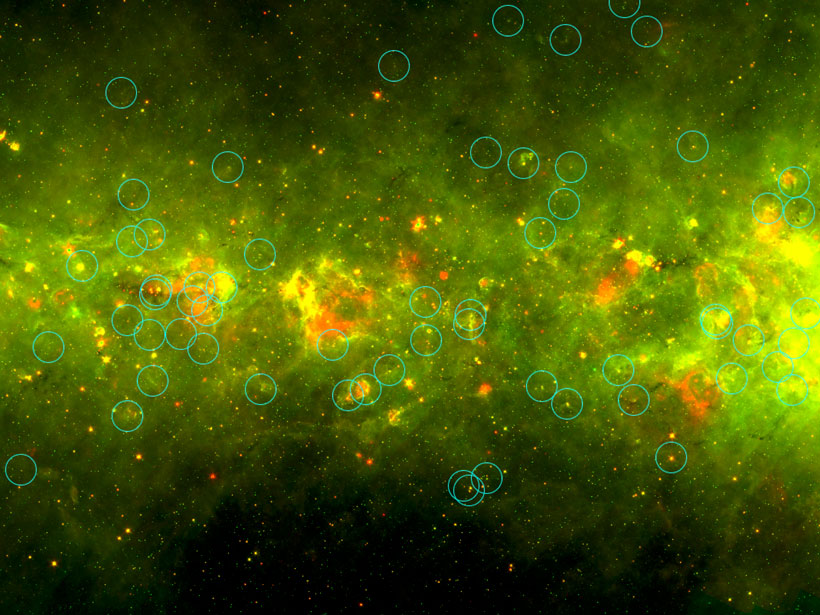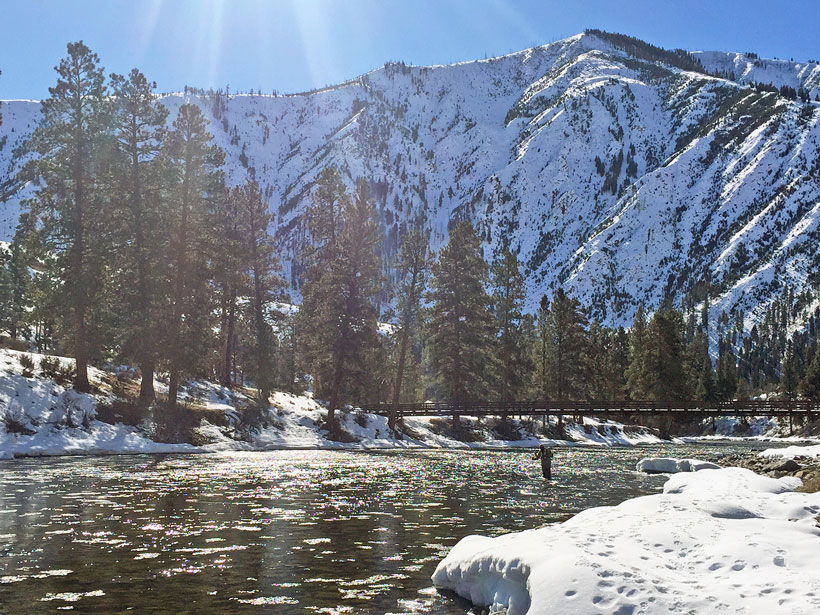The Persian Gulf, a region with high-end resorts and oil-related infrastructure dotting its shorelines, was hit in 2017 by weather-induced waves that rolled roughly a kilometer inland.
News
Newly Discovered Fossil Species Named After Star Wars Starship
The 500-million-year-old species is a distant relative of today’s crabs, spiders, and insects.
Huge Aquifer Imaged off the Atlantic Coast
Offshore aquifers may be a common feature along passive continental margins around the world.
How Ice Cores Are Helping to Track Preindustrial Ozone
Research helps allay concerns about discrepancies between atmospheric chemistry models and historical direct measurements.
Satellite Data Reveal Growth and Decline of Sargassum
High nutrient levels in 2018 resulted in a nearly 9,000-kilometer belt of Sargassum, a seaweed critical to many marine animals but also a nuisance when it washes up on shorelines, new results reveal.
Senate Dems Seek Guidance on Climate Messaging from Republicans
The Senate Democrats’ Special Committee on the Climate Crisis gets advice on how to better communicate about climate change with conservatives.
Majority of YouTube Climate Videos Promote Nonconsensus Views
Search terms related to geoengineering solutions were almost exclusively about chemtrail conspiracy theories.
Fossil Fuels Less Efficient Than Earlier Estimates
According to a new analysis, fossil fuel energy return on investment is on par with renewables.
The “Yellowball” Catalog and the Citizen Science That Helped Define It
The online community of the Milky Way Project citizen scientists helped scientists identify compact star-forming regions now known as yellowballs.
Bringing Climate Projections Down to Size for Water Managers
Hydrologists are creating watershed-scale projections for water resources managers and tools that managers can use to plan for the effects of climate change.


